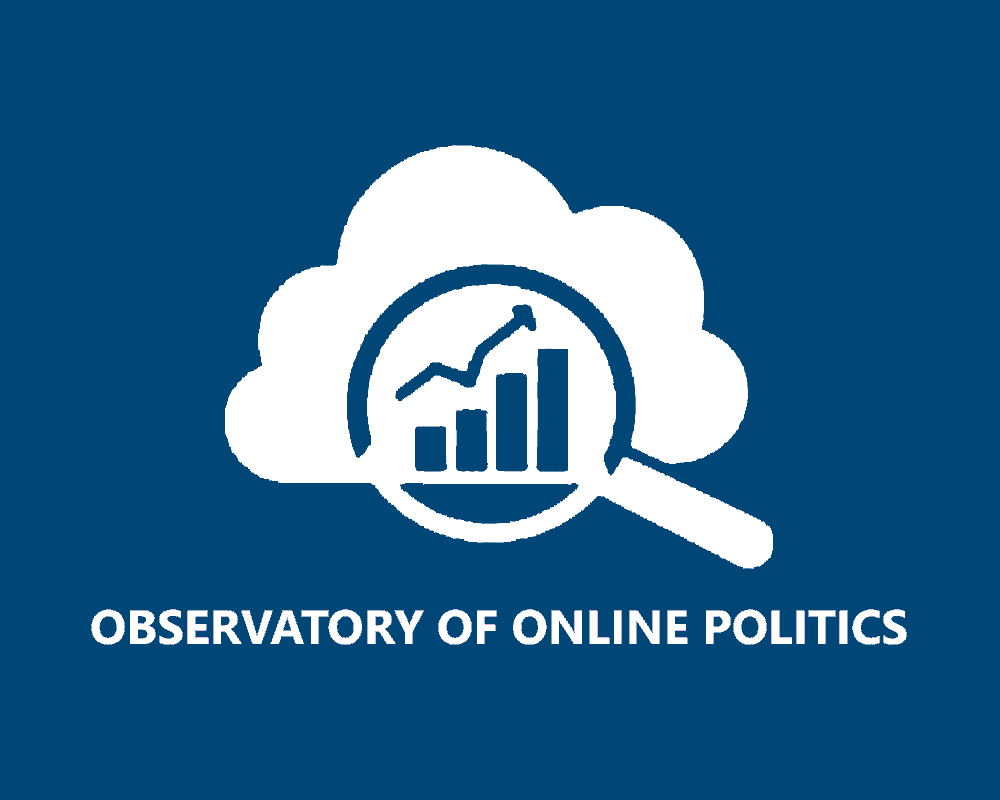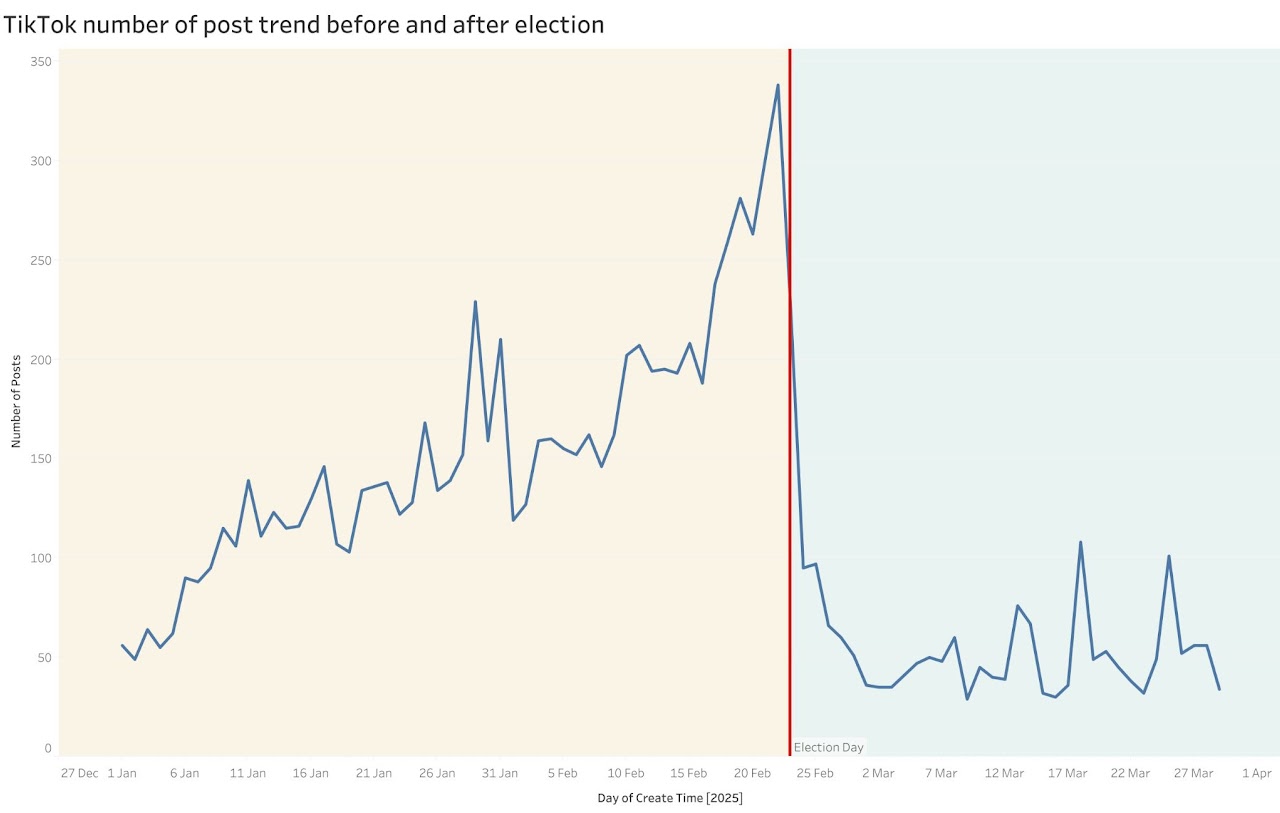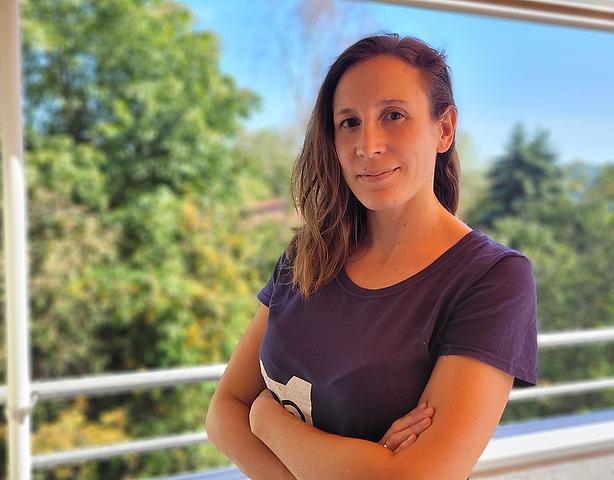Political Deception in the Digital Era

Title: Political Deception in the Digital Era
General information:
- Homepage
- Start date: January 2025
- Funding: Saarland University
Contents: The Observatory of Online Politics is dedicated to monitoring the evolving role of digital platforms in shaping political discourse and societal outcomes. Online platforms have transformed the political landscape, offering new avenues for public engagement, information sharing, and community building. However, they have also become hotspots for disinformation, manipulation, and polarization, raising critical challenges for democratic societies.
Established as part of the Political Deception in the Digital Era project, funded by Saarland University and directed by Dr Rosa M. Navarrete, the Observatory serves as a research hub focused on analyzing and understanding these dynamics. Our goal is to provide valuable insights into how political actors operate online, particularly during pivotal events like electoral campaigns, and to contribute to the broader understanding of online politics in today’s digital age. Through cutting-edge research, interdisciplinary collaboration, and public engagement, the Observatory of Online Politics aims to equip society with the knowledge to navigate and address the challenges posed by the digital political sphere.

Observatory of Online Politics analyses the role of TikTok in the 2025 federal election
The Observatory of Online Politics, an interdisciplinary project of the I2SC (Interdisciplinary Institute for Societal Computing) led by Dr Rosa Navarrete, is dedicated to observing the evolving role of digital platforms in shaping political discourse and social outcomes. In a blog post, the Observatory analyses the influence of TikTok on the 2025 federal election:
While TikTok is becoming increasingly relevant among social media users, its role in elections remains understudied. The successful social media campaign targeting youth by the party Die Linke has drawn attention to new social media platforms that had previously received little focus, as they have only recently become politically relevant. While researchers in Germany have most commonly addressed the study of platforms such as Facebook and Twitter (now X) and their use in electoral campaigns, we know very little about how German politicians use TikTok, as the platform's success is relatively recent. In this respect, recent data show that the number of Twitter/X users in Germany in 2025 was around 21.63 million (DataReportal 2025).

Ulrich Commerçon, Member of the State Parliament, visits the Observatory of Online Politics
The Observatory of Online Politics, an interdisciplinary project of the I2SC (Interdisciplinary Institute for Societal Computing) led by Dr Rosa Navarrete, is dedicated to observing the evolving role of digital platforms in shaping political discourse and social outcomes. The sobering realisation: lying pays off for politicians. Dr Rosa Navarrete has now discussed this and the Observatory's work with Ulrich Commerçon, who is currently the leader of the SPD faction in the Saarland state parliament. "The work of the Observatory of Online Politics is so important because it looks closely at where boundaries are shifting, where quiet habituation becomes dangerous normality. And because it shows what we can do to counter these developments politically and socially," writes the former education minister on social media. Dr Rosa Navarrete was also pleased about the exchange: "It is important that we share the results of our work at the Observatory with the outside world and in politics in order to strengthen our democracy with facts and data."

Pressemitteilung: Truth or Lie? Observatory analyses political action on the internet
It pays to lie: those who tell untruths on the internet are now often very successful in politics. Observers usually only look at the short-term consequences of political campaigns on the internet. The consequences of lies and false statements by politicians on the internet have not yet been scientifically observed over longer periods of time. A recently established "Observatory for Online Politics" at Saarland University now wants to change this.

